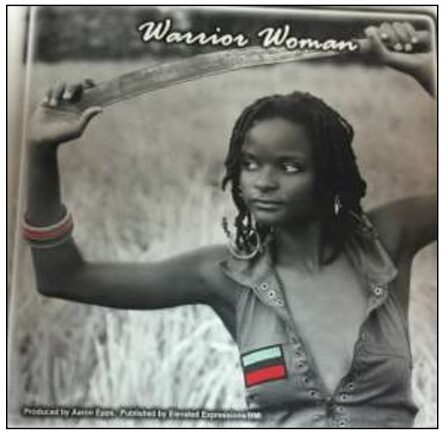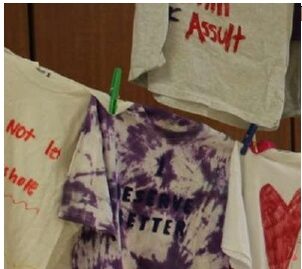DISCUSSIONS (ARTICLES) | VOL. 1, NO. 1
 |  |
|
|
'Why Are We Here?': Parachronism as Multimodal Rhetorical Strategy in Grey’s Anatomy Shannon Howard, Auburn University at Montgomery In the eleventh season of the long-running drama Grey's Anatomy, showrunner Shonda Rhimes killed off her leading male character, causing a substantial uproar among loyal fans of the series. Consequently, Rhimes and her writers addressed the viewers' concerns specifically in the season premiere of the twelfth season by using what is referred to here as parachronism, a rhetorical strategy that, unlike kairos, speaks to the flattening of time rather than the specificity (or sense of occasion) of a particular time and place. This piece argues that it is this merging of past and present materials and narratives that creates a sense of comfort in the viewer experience. HTML | Larger Text Version | PDF
|
Voices from the Archive: Family Names, Official Documents, and Unofficial Ideologies in the Gloria Anzaldúa Papers Diana I. Bowen, University of Houston - Clear Lake This article examines Gloria Anzaldúa’s birth certificate and its series of changes, and juxtaposes it with a short unpublished story, “Her Name Never Got Called.” Using theories of multimodal rhetoric, I combine Performance critic Diana Taylor’s concepts of the archive (exemplified by official documents) and repertoire (pertaining to embodied performances). I argue that Anzaldúa’s work oscillates in the liminal space between official texts in her archive and unofficial performative spaces of the repertoire. Limitations of archives based on issues of access are also explored. HTML | Larger Text Version | PDF
|
|
|
|
|
|
|
Making Music, Enhancing Agency: Christine Martorana, College of Staten Island - CUNY As Gunther Kress tells us, multimodality can offer a source of agency to the multimodal rhetor. My article gives material presence to Kress’s claim by highlighting the potential for the purposeful use of visual, linguistic, and aural modes to enhance feminist agency. Specifically, I present a case-study analysis of A Woman's Reprieve, a music album released in 2008 by my friend, Kehinde Spencer. As this analysis shows, Kehinde enhances her feminist agency by using multimodality to present herself as a valuable member of her community. |
Beyond 'Digital': What Women’s Activism Reveals About Material Multimodal Composition Pedagogy Jessica Rose Corey, Syracuse University Moved by the Vietnam Memorial, a group of women created the Clothesline Project (CP), which invites survivors (and those remembering victims) of violence against women, primarily sexual in nature, to decorate tee shirts about their experiences. My study, through rhetorical and semiotic analysis, involves questioning how written and visual literacy function in relation to understandings of female embodiment and violence against women. |


